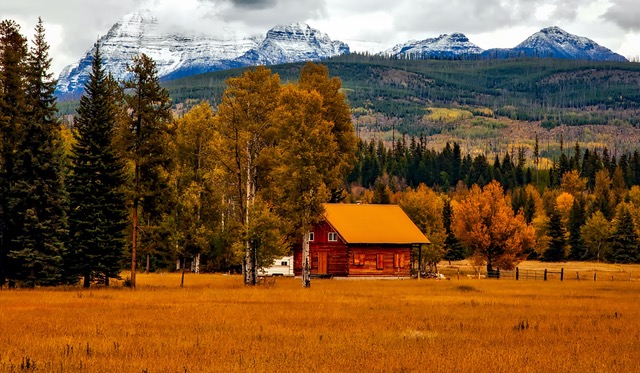08 Apr Colorado Real Estate License

How can I become a real estate agent in Colorado?
Colorado real estate licenses are governed by the Colorado Division of Real Estate. The first step to getting a Colorado real estate license is to pass the state licensing exam, which can be taken after graduating from an online real estate school or a course offered in a classroom setting.
Colorado was one of the first states to start referring to all of their real estate licensees as “brokers.” The thought process behind the decision was that all the different terms that are widely recognized by the public such as broker, salesperson and REALTOR can be confusing. By referring to everyone with a license as a “broker,” they eliminated some of the confusion.
Just because everyone with a Colorado real estate license is now called a broker doesn’t mean that all licensees have the same level of licensing. Extra education and experience are required for the highest level of licensing in Colorado, with is the Employing Real Estate Broker license.
According to the state of Colorado:
To qualify for a real estate broker license you must complete a minimum of 168 hours of qualifying education. The qualifying education must be obtained through either a nationally accredited community college or university OR a school approved by the Colorado Department of Private and Occupational Schools (DPOS).
Colorado is one of the fastest growing states in the US, and much of that growth can be attributed to the weather, variety of leisure activities, diverse economy and the recent legalization of recreational cannabis. In fact, one month after legalizing cannabis, the tax revenue generated from cannabis sales made Colorado schools the best-funded schools in the entire country. That was in ONLY ONE MONTH.
There are more than a few Colorado real estate licensees who are specializing in cannabis-related real estate sales. Those areas of focus include land sales (where the plants are grown), warehouse leasing and sales (where the plants are grown and processed), retail leasing (where the dispensaries set up shop) and residential sales and leasing (where individuals engage in small growing and processing operations).

